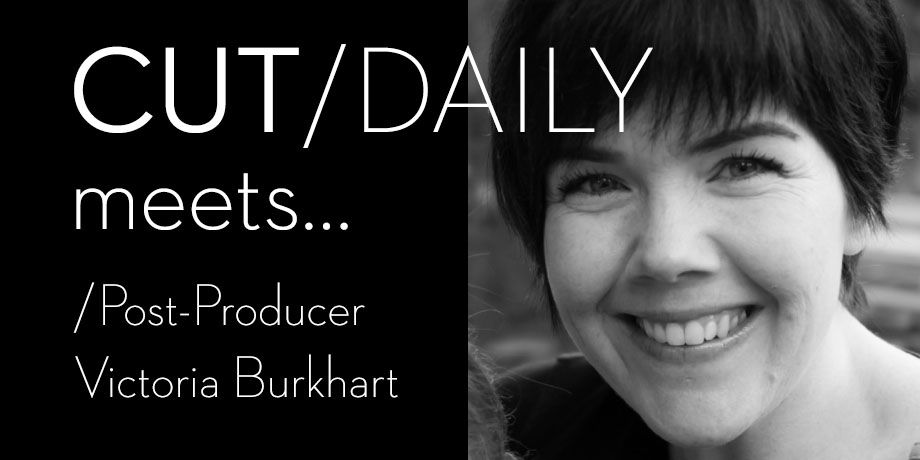#242 - Cut/daily Meets... Post Producer Victoria Burkhart

A true unsung hero, supervising the logistics of post production and definitely holding the entire ship together with grace and intelligence.
— Jay Prychidny, Editor
That's what Snowpiercer and Orphan Black editor Jay Prychidny had to say about post-producer Victoria Burkhart when I asked him who I should interview next.
(If you've not read Jay's epic responses to my Cut/daily Meets... questions then you're missing out!)
Victoria established her career working with director Neill Blomkamp (Chappie, Elysium, District 9) before moving into a Post-Producer role on the latest season of popular TV show Snowpiercer.
Her responses below are solid education on the roles, responsibilities and instincts of a Post-Producer on a major TV show. Victoria was also very generous with her time in answering a couple of extra questions!
You can connect with Victoria on Twitter and Instagram.
Given the fluid nature of Post Production, what can editors and assistants do to work best with a post producer/supervisor?
Keeping a good line of communication with the Post-Producer / Post-Supervisor is key.
If the Post Producer knows whats going on in a creative and logistical sense, then it enables them to be productive in keeping everything smoothly on the tracks to completion!
As an Head of Department (HoD), what should Editors know about, and understand how to contribute to, everything that happens outside of their edit suite, but that's technically under their responsibility?
It's the post producer/post supervisors responsibility to set up the post workflow, and manage the team. However, as an editor, it 100% helps to have input in this process so they know whats going on and have an understanding of all elements of Post after the editing is complete.
In a lot of cases after the cutting is complete, editors will be asked to sit in on sound mixes, give colour notes, supervise ADR sessions and continue their creative input.
But this involvement after completion of cutting really depends on the type of show (TV or film) and the creative team who are still involved on the back end of the production.
It's also extremely beneficial for editors to have a basic knowledge of visual effects. So that, when they are potentially mocking something up in an edit, they understand that what they are proposing is something that can actually be achieved within the scope of the project (financially, creatively and schedule wise).
